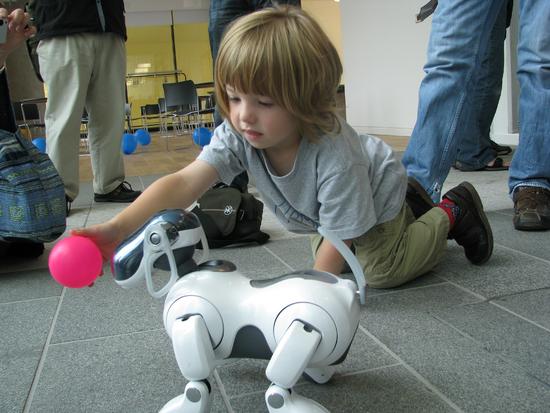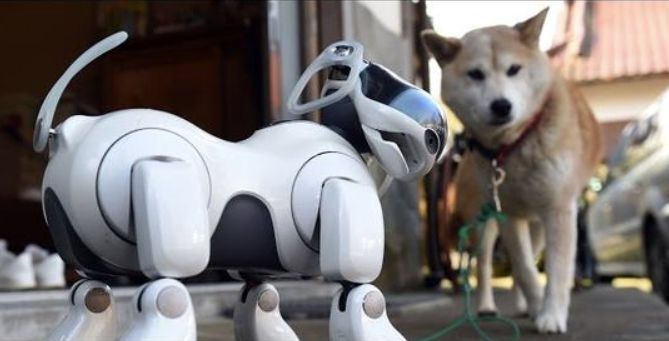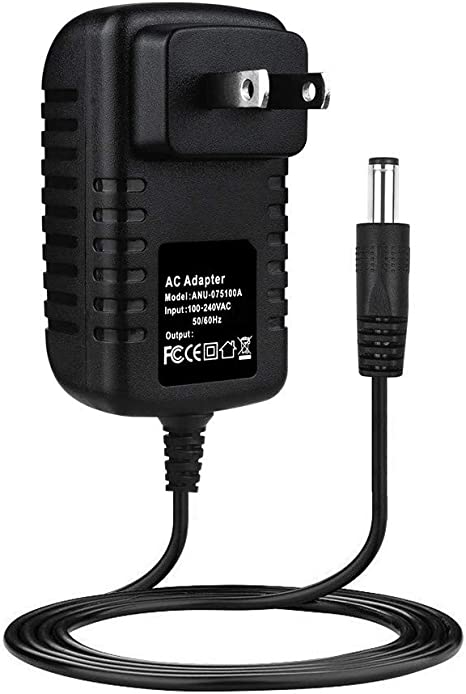
This article is produced by NetEase Smart Studio (public number smartman 163). Focus on AI and read the next big era!
[Netease Smart News December 8 news] Aibo dog (Aibo) is the most perfect pet dog. It is very focused and passionately interacting with its owner. It will happily follow you wherever you go. AIBO will never make a mess of the house. As long as you ask, it will sing and dance, and even happily say "Good morning" to welcome you.
This is because Aibo is not a strange breed; it is a robot dog produced by Sony.
However, although its body is composed of metal and plastic materials, not bones and fur, this does not change the relationship between Aibo's owner and Aibo. As described in a small documentary in The New York Times, in 2014, when Sony stopped producing parts of Aibo, the owners were really upset because it meant that their pets were about to “deadâ€, and some even A funeral was also held for the dogs.
We will have a feeling of robot dog?
Purdue University psychologist and emeritus professor Gail Melson said: "This is a very interesting issue. Research on young children shows that this is not an acquired behavior." He is committed to humans. Interactive research with robots, and also wrote articles for the journal Psychology Today about the relationship between humans and wildlife. Melson said that although we have not yet confirmed the brain mechanism of this anthropomorphic feeling, we can speculate that the relationship between humans and robot pet dogs is in accordance with the principles of evolution.

Melson explained: "We are born social animals. Because of this, we have evolved to adapt to other forms of life, not just other forms of human life. We are more inclined to see the characteristics of life."
Melson surveyed children aged 4 to 15 who interacted with Aibo robot dogs and found that most children treated robotic pets differently from real pet dogs. However, most people do not behave like treating an inanimate object or a toy. Especially young children, they often put their emotions and ideas on Aibo. Interestingly, children of all ages have incorporated pet robots into the moral standards. Most people have said that it is wrong to hurt or throw it out.
Melson said: "What happened in our time was the emergence of new species that had never existed before." He pointed out that especially for children who have been in contact with computer technology since they were born, it is especially true. in this way. “We have divided the world into two parts. One is alive, or it was alive. It is dead or has never been. But now thanks to this technology, we have these hybrids. Species category."
Ethical issues are thought-provoking
Just as people have long been disturbed and worried about humanoid robots and their ethical issues, these robotic animals and their uncertain classification have also raised ethical and social problems.
On the one hand, robotic pets have shown more and more therapeutic value. Artificial pets such as Hasbro’s robotic dogs and cats have been successfully used to treat dementia patients, who often feel anxious and distressed. The services provided by these animals are similar to those provided by genuine animals. They provide companionship and affection, reducing the patient's loneliness and sadness, and do not require human feeding and care.
Elizabeth Broadbent, an associate professor at the University of Auckland who studies the interaction of humans and robots in healthy contexts, said, “Overall, people react to a pet robot just like they respond to animals. People will caress and He embraced it, and talked to it like a living animal. She pointed out that unlike human robotic caregivers, humans "don't expect too much reaction besides the sounds and movements of some animals", which makes them design. It is simple and effective to implement.

A 2016 study compared two groups of patients with dementia. A group of 61 patients was accompanied by a robotic pet (Paro Seal Robot) for 20 minutes three times a week, and the other group received routine treatment. The results are noteworthy: The group who had been with Paro for some time showed a decrease in the patient's pulse rate, increased blood oxygen levels (signs of stress reduction), low levels of depression and anxiety, and decreased demand for pain and behavioral medications.
A small study also showed that children with autism prefer the AIBO robot rather than the simple mechanical toy dog, which shows that autistic children often lack verbal communication and real interaction.
For allergic patients or those who do not have the time and money to take care of pets, the robot version of the pet may be a better and more ethical choice. Those who are trying to protect the ecological environment may also be attracted by robot pets.
However, developmental psychologists have raised such concerns: Humans are primarily exposed to robotic animals, not to living animals, and thus may lack the social or emotional connections provided by living animals.
Broadbent said: "We have seen concerns about children using other technologies, such as ipads and mobile phones. One of the concerns is that children will become more isolated and lonely because they will not pass social media sites and other Children establish the kind of close friendship established through face-to-face communication." She said that the same concerns apply to robot partners.
Melson added: "This problem makes people hesitate. Will we reduce the treatment of living animals, as well as humans, because more and more robots seem to be a good alternative?" She cites a robot in nursing homes. Examples of pets, wondering if only robots, not real animals, may reduce potential therapeutic effects.
She said: "We certainly don't have a robot that can reproduce the odors, feelings and reactions of living dogs. This will greatly reduce people's sense of experience, but some people have limited energy, or want to save money, for them Robot dogs are a good choice."
However, Melson optimistically believes that our "biological nature", that is, human beings' attraction to life and nature, will prevent us from completely replacing the living pet with the robot pet dog. When studying the Aibo dog, she took a puppy home to test it in her own home. Melson said: "I have to say that I am shocked by restrictions, not possibilities."
However, she added: “People have to pay attention to the increasing complexity and understand the different applications. We don’t want to say, let’s think of the robot pet as a substitute for a living pet dog. I think They have their own place in human life." References: New York Times, Digital Trends, Slate Magazine
(From: Futurism Compilation: Netease See Compilation Robot Review: Xue Yaqin)
Pay attention to NetEase smart public number (smartman163), obtain the latest report of artificial intelligence industry.

15v wall charger,15 Watt Power Supply,15v ac dc adapter,AC Wall Charger Power Adapter,AC/DC Charger Power Supply Switching Adapter,DC 15V Global AC / DC Adapter,15VDC Power Supply Cord Cable Wall Charger,15VDC800 Charger PSU
Shenzhen Waweis Technology Co., Ltd. , https://www.waweisasdapter.com